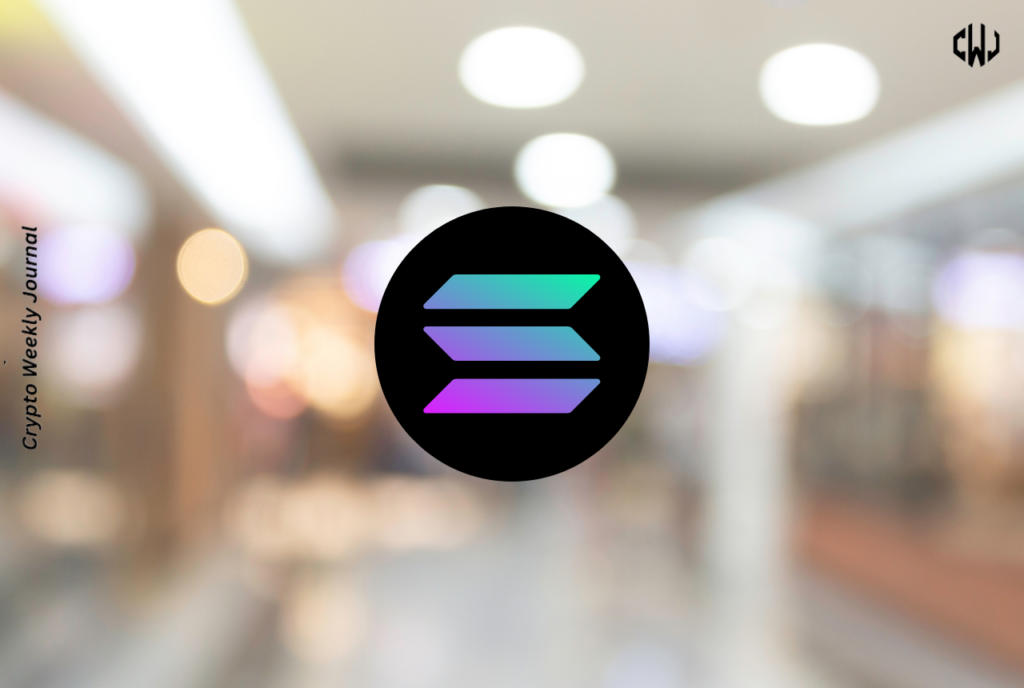- Coinbase secured a small victory, with the court granting its interlocutory appeal.
- The appeal concerns whether certain crypto transactions qualify as securities under SEC rules.
- A favorable ruling could reshape the regulatory landscape for crypto in the U.S.
On January 7, Coinbase gained a small but significant win in the lengthy battle with the U.S. Securities and Exchange Commission. A federal judge granted an interlocutory appeal to the exchange. This was in response to the ruling by Judge Katherine Failla of the Southern District of New York.
Judge’s Ruling Paves the Way for Appeal
In a rare ruling, Judge Failla let Coinbase proceed with an appeal from the earlier order that denied its motion for judgment. The judge granted the appeal, saying there was a “possibility of reversal” in interpreting the Howey test used by the SEC in defining what constitutes an investment contract. The judge indicated that the case had attracted lots of interest since there were conflicting decisions in other similar cases involving Terraform Labs and Ripple Labs.
These are disagreements over what counts as a security in the U.S. legal world. Some courts have found that the tokens did not fit the definition of a security. However, the SEC contentions are that the transaction of crypto-assets-as on Coinbase-falls into the definition of a security.
Significance of Coinbase Appeal Outcome for the Crypto Sector
A favorable outcome in Coinbase’s appeal would have wide ramifications for the crypto market as a whole. It would spell out specifically whether digital asset transactions are classified as securities, a legal ambiguity that has caused uncertainty in the industry. Given the current scrutiny of other platforms by the SEC, this case may set a far-reaching precedent.
A ruling for Coinbase would thus rein in the SEC’s aggressive regulatory approach to crypto and impact other pending cases. It also might make clear the legal status of digital assets and reduce ambiguity among investors and platforms.
But then there’s the timing. The changeover in Washington may mean a new chair for the SEC if the Trump administration follows the expected course, and that might well alter the agency’s regulatory direction. A more crypto-friendly SEC would be friendlier toward digital asset companies.
Following the ruling, the chief legal officer at Coinbase, Paul Grewal, in a statement through his social media handle, termed the ruling as satisfactory since the decision by the court allowed the firm to go ahead and reach a settlement on the class-action suit. The decision, in this case, remains crucial, not just for Coinbase but for the entire cryptocurrency sector as it finds its way around a changing landscape of laws and regulations.



